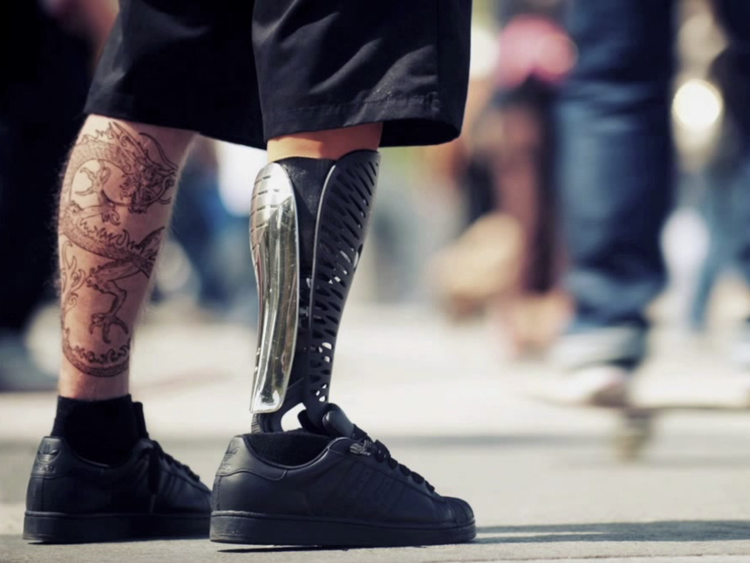Automating Design and Production of Smart Clothing
The Smart Clothing Industry is Growing
The demand and production of Smart Clothing or eTextiles has increased steadily over the past decade. Industry insiders see no slowdown of adoption given the performance and health benefits of these garments.
One of the major challenges facing technology providers and fashion brands interested in this segment revolves around manufacturing. Current methods are exacting, time consuming, and costly. This has limited the appeal of smart clothing to people with specific health monitoring needs, and elite athletes.
The implementation of 3D design, digital patterning and automated manufacturing solutions provides a proven way to change all of that.
Digital Design, Patterning and Fabrication Processes Reduce Production Costs
Breaking Through the Barriers
While smart clothing shows great promise, practical challenges remain.
In order to ensure performance, eTextiles have unique manufacturing requirements. For example, integrated materials like copper threads require precise placement and orientation within the garment. A higher standard for fit accuracy introduces other complexities. Ill-fitted or baggie clothes will not capture or transmit data properly.
Digital design and manufacturing technologies help address these issues, ensuring timely delivery and profitable production.
3D Scanning and 3D CAD
3D Scanning is used to capture the exact measurements of the client. This information is consumed directly by the CAD tool which streamlines the design, performance validation, and editing steps.
3D Flattening
3D flattening works seamlessly with the CAD file to convert the 3D design into production-ready 2D pattern pieces. The high accuracy of the flattening process ensures fit. Ply and grain orientation tools also help accelerate the typically tedious piece layout process and increases fabrication confidence
Smart clothing requires a precise fit. 3D Scanning is used to accurately capture the dimensions of the client. Digital Patterning software like ExactFlat can then convert the client data in to 2D patterns in minutes
Automated Cutting and Sewing
Automated fabrication tools help accelerate the last step of the process. Pattern size, shape, and orientation information transfers straight from the 3D Flattening software into the production equipment. In many cases, with little or no manual intervention.
Access the Benefits of Digitization Now
The end to end digital process not only saves time but helps produce a higher quality product. The digital method delivers garments that meet the exacting precision, performance, and quality needs of the eTextile industry. And they do so using a fraction of the time and labor associated with legacy manual methods.
If your business designs and manufactures smart clothing, then you’re probably interested in ways to reduce cycle times, maintain prices and improve profitability. Learn more about the tools and processes from the team at ExactFlat. Click on the link below to schedule a meeting with one of our experts.











